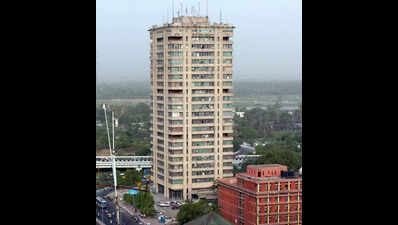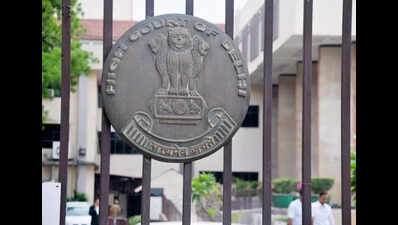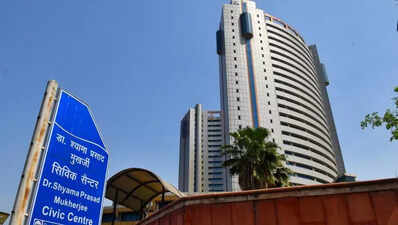New Delhi: Delhi Development Authority (DDA) has reopened Baansera, nearly two weeks after it was closed due to the flooding caused by rising Yamuna. Other floodplain sites, including Asita, Amrut Biodiversity Park and Vasudev Ghat, are expected to reopen by the end of Sept after restoration work is completed. The clean-up began soon after water level started receding on Sept 9. DDA teams are removing silt, clearing overgrown vegetation and repairing damaged infrastructure, including pavements, seating and streetlights. “The floodplain restoration is being overseen by lieutenant governor VK Saxena. Sites like Asita and Vasudev Ghat will reopen once water fully recedes and silt deposits are cleared. Pathways and ghats are also being repaired,” said a DDA official. The authority plans to assess water bodies and wetlands later for desilting and will take additional measures based on conditions. Plantation of native trees and riverine grasses is ongoing as part of ecological restoration. “These plants stabilise soil, prevent erosion, recharge groundwater and improve the floodplain’s resilience. So far, around 0.7 million native trees and over 10 million riverine grasses have been planted. This phased effort will continue to compensate for losses caused by the recent floods,” the DDA said. At the beginning of this month, rising Yamuna water submerged most DDA floodplain projects. Baansera sits on a 12-hectare elevated area but is part of the larger 100-acre Kalindi Aviral project, which flooded due to the low-lying terrain. It was closed as a precaution. Amrut Biodiversity Park, spanning 90 hectares on the Yamuna’s eastern bank, also closed temporarily. Opened in March, it has 14,500 trees, 18,000 shrubs and over 3,20,000 riverine grasses, along with walkways, lawns and parking. Vasudev Ghat, a 16-hectare riverfront near ISBT, was shut as well. It features over 2,000 trees, lawns, flower beds, a 1.8-km pedestrian track and a 1.3-km cycling path.












